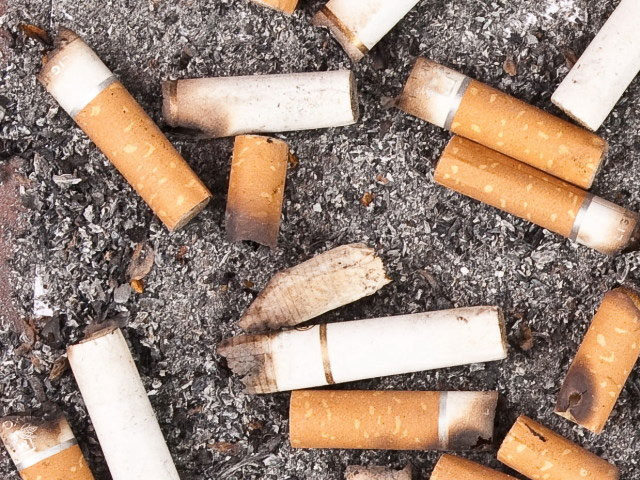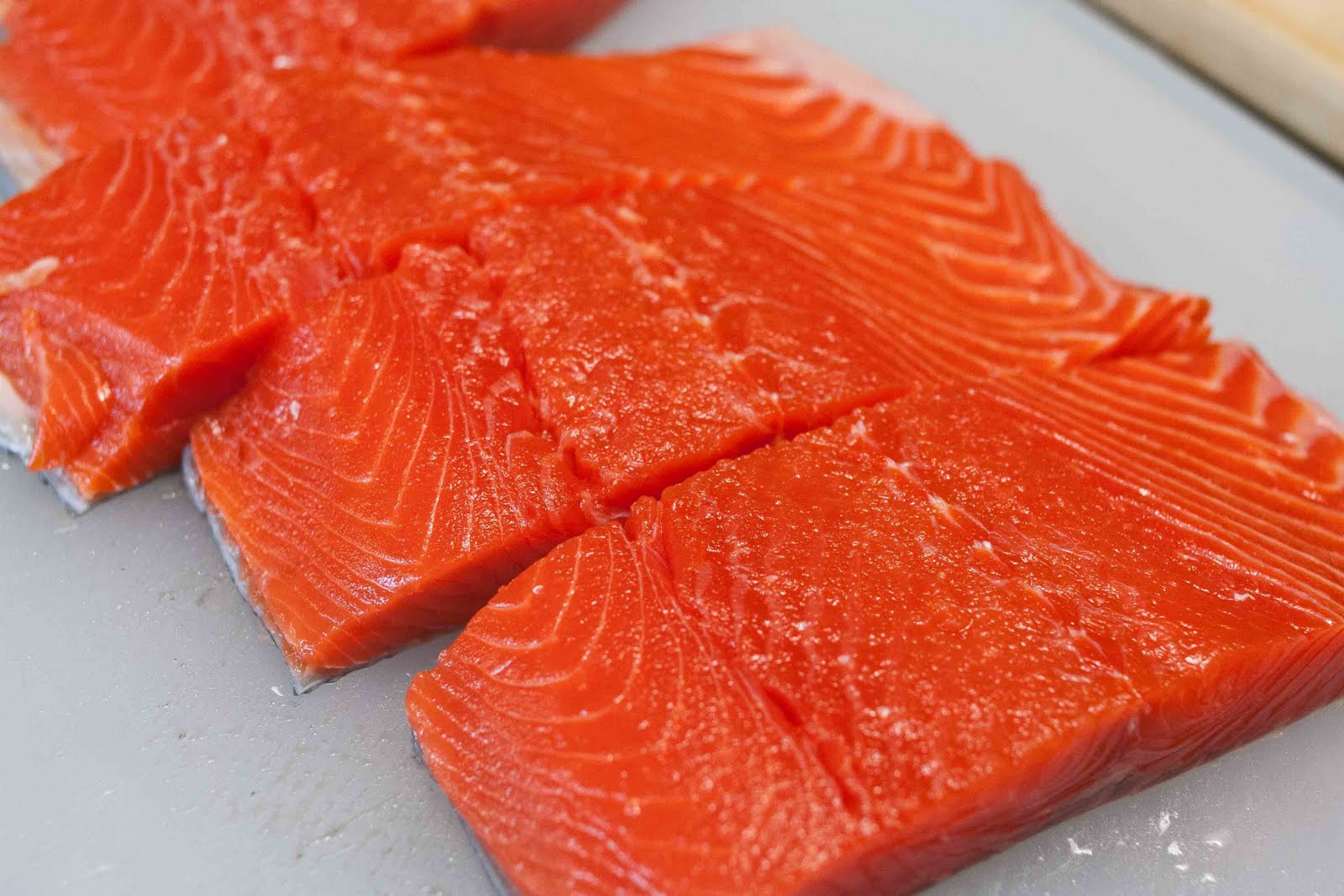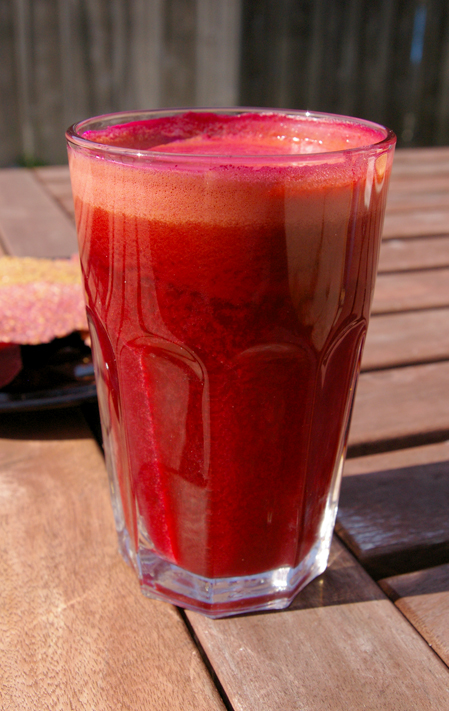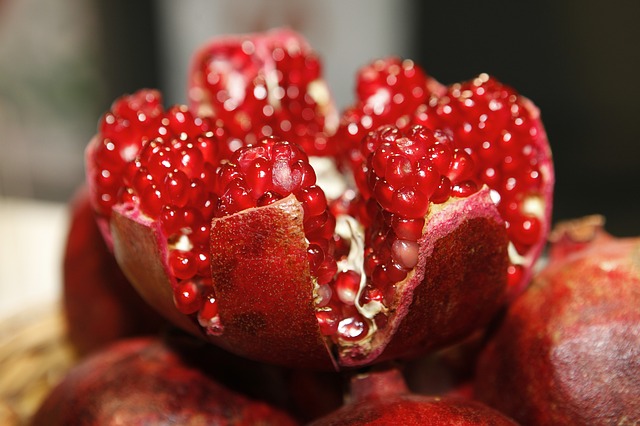
by Dr. Michael Murray | Jan 23, 2015 | Natural Facts
Natural ways to silence the ringing, roaring, and hissing of tinnitus Millions of Americans suffer from tinnitus, a condition more descriptively known as “ringing in the ears.” People with severe tinnitus may have trouble hearing, working, or even sleeping. Causes...

by Dr. Michael Murray | Jan 20, 2015 | Natural Facts
Natural products to help kick the smoking habit You’ve heard it before, but to put it simply, if you want good health, you must stop smoking! And the sooner the better. In fact, if you quit smoking now, it’s possible for you to reduce your cancer risk to the same...

by Dr. Michael Murray | Jan 14, 2015 | Natural Facts
What it does. Why you need it. And more Iron is critical to human life. It plays the central role in the hemoglobin molecule of our red blood cells (RBC), where it functions in transporting oxygen from the lungs to the body’s tissues. It also functions in several key...

by Dr. Michael Murray | Jan 13, 2015 | Natural Facts
Rid your body of toxins and boost energy with a simple juice fast Good health is largely determined by our bodies’ ability to ‘detoxify’—flushing out the toxic substances that can be found in everything from the air we breathe to the food we eat. It’s absolutely...

by Dr. Michael Murray | Jan 10, 2015 | Natural Facts
Safe brain boosters for kids Brain cells are the most complex, long-living, and nutritionally demanding cells in the body. Studies show that intelligence, memory, behavior, and concentration are all influenced by proper nutrition, and this is especially important to...

by Dr. Michael Murray | Jan 7, 2015 | Natural Facts
The pomegranate is one of the oldest fruits in recorded history. Native to the area of modern-day Iran and Iraq, the pomegranate has been cultivated since ancient times and has spread through the world. The fruit is about the size of an orange, with a rind ranging...









